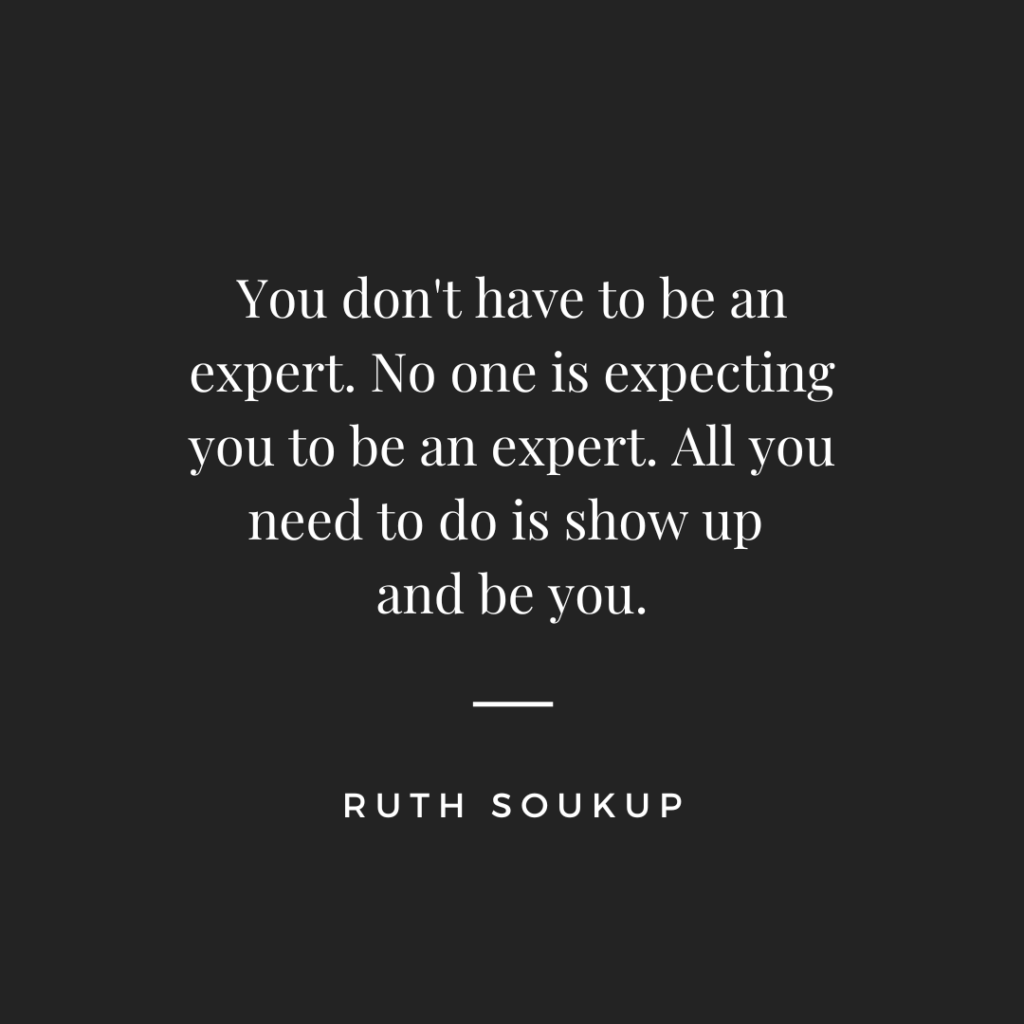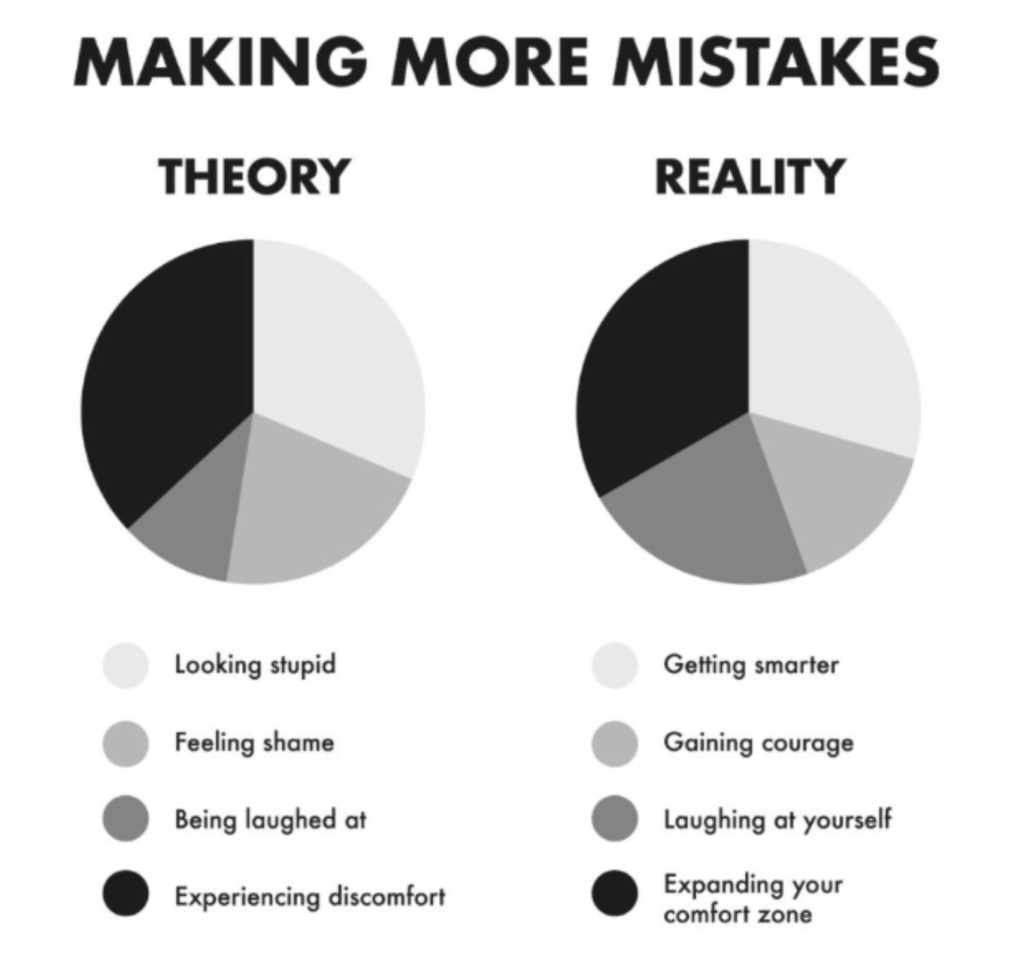
Recently, I started answering podcast listener questions (you can submit yours here!), and two people asked me about “Impostor Syndrome.”
Both questions were focused on starting new roles (new administrator and working from outside of the profession), and the nervousness of being unsure of not only what they were doing, but how they would be perceived. I have been in this position before, and in all honesty, it is something I face often. My job is explicitly going into new places where people do not know me or have any idea what I have to offer (or even why I am there!).
So, how do I conquer “Impostor Syndrome” in my work?
I embrace the idea of being a learner instead of being an expert. One of the things that I often share with the people in front of me is that “the expert is not talking to you right now; the expert is sitting beside you.” This is not just some nicety that I share, but something I genuinely believe.
Here is an example: do you know who is probably the best person to learn from on being a math teacher? Probably another math teacher. That would be my go-to, especially in my own community, since they would both know the a) people they serve and b) the context in which they work.
But this doesn’t mean that I do not have anything of value to share. It is that I have the humility to understand that the people I serve have tremendous knowledge and experience, from which I can also benefit. One of the things that I believe is that when I enter a new community, I do my best to create an experience where I learn from them, they learn from me, and they (most importantly) embrace learning from each other.
This image (source unknown) is a great way to share the benefits of embracing the idea of being a learner over an expert:

I shared this in the podcast, where I discussed my thoughts on this topic:
“And that’s one of the things with the imposter syndrome: you think you’re making decisions and people are looking at you, but through some of your mistakes, you’re getting smarter, gaining courage, laughing at yourself, and expanding your comfort zone.”
Even through openly discussing my thoughts on this topic, it is something that I wanted to explore, not because I know much about the topic but because people asked me for support and ideas on how to deal with this feeling. Sharing my experiences and thoughts helps me articulate and have a better understanding of why people might ask in the first place. I haven’t been in a new “role” in a long time, but I do remember how terrifying the first few days, weeks, and months can be.
By embracing the idea of being a learner, you might not become an “expert,” but you will be developing expertise. Arrogance is thinking you know it all, and humility is understanding you can always learn so much more.
As I wrote this, I realized that this mentality is embodied by not only some fantastic individuals but organizations as well.
The schools and districts that think they have all of the answers are the ones that are often falling behind. The ones who know they can get better always ask, “Is there a better way?” It is not that they are constantly disappointed with their progress, but they are embodying what they expect from their students: to embrace learning.
If you embrace the idea of being a continuous learner, you will always be relevant. Once you think you are the expert in the room, is the moment the world might start passing you by.
(Check out the entire podcast below or on Apple Podcasts, and please feel free to submit your own questions to the podcast! I would love to hear from you!)